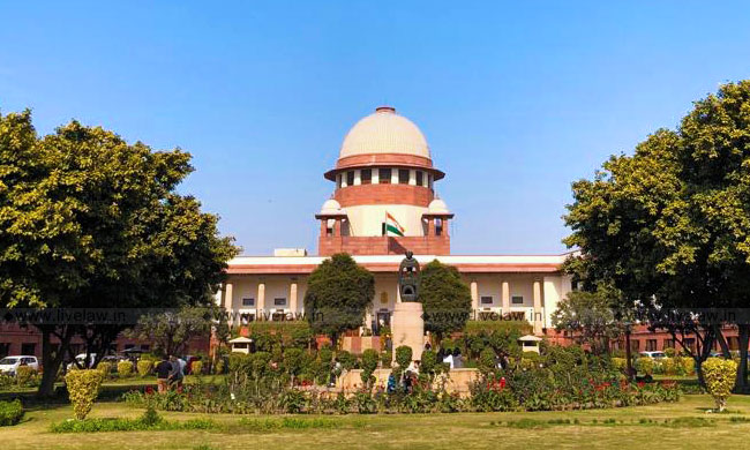Next Story
7 Feb 2019 11:30 AM IST
By transferring a petition pending in the Bombay High Court to itself, the Supreme Court has agreed to examine the issue whether the office of Governor is amenable to the provisions of Right to Information Act 2005.The issue arises out of a direction issued by the Chief Information Commissioner, Goa Information Commission to the Secretary of Goa Governor to furnish information under RTI. When...

